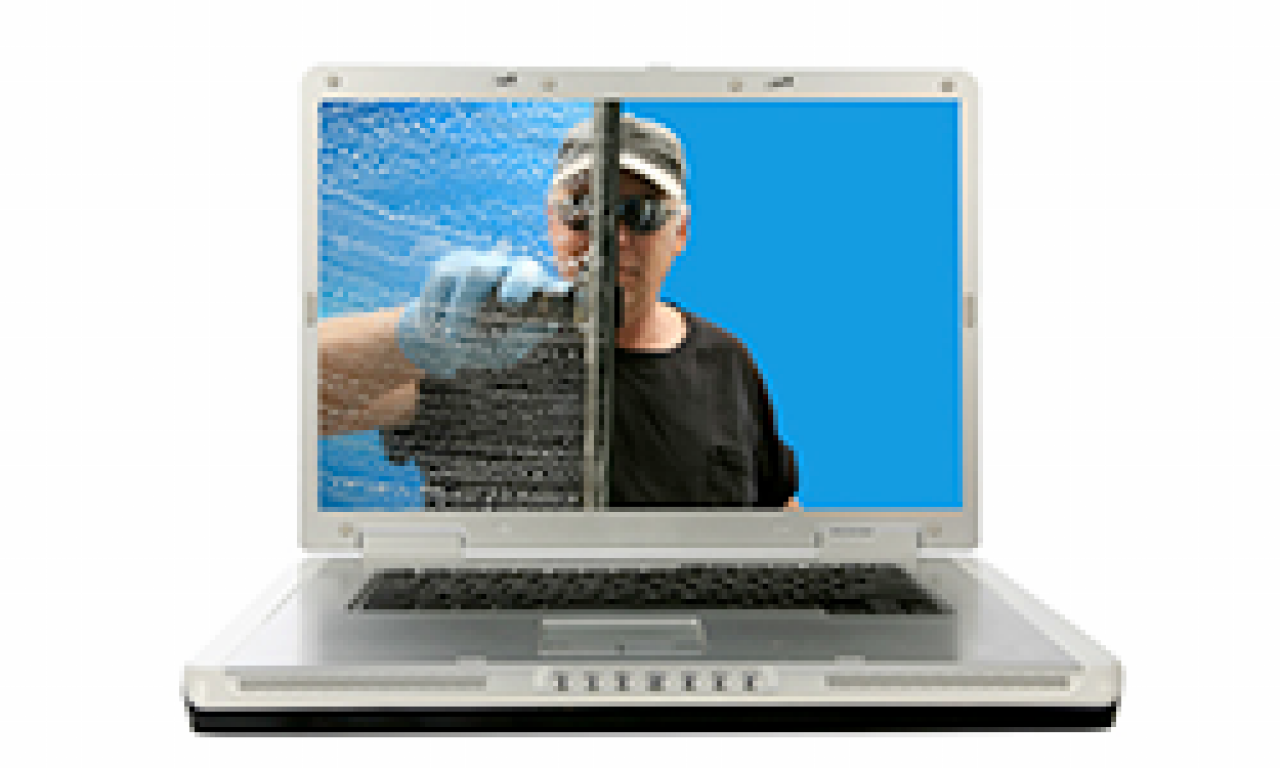5 Simple Steps to Spring Clean Your Computer
There's nothing better than spring. The weather turns warmer, you can break out the bikes and the running shoes, and finally put away all those winter sweaters and jackets.
There's nothing better than spring. The weather turns warmer, you can break out the bikes and the running shoes, and finally put away all those winter sweaters and jackets. For me, there's no better feeling than hanging up my jacket in the closet and knowing it's no longer something I need to carry with me on a daily basis. One less thing, you know.
Speaking of "one less thing," most of us are engaged in some type of spring cleaning project around the house. For my wife and I, we've been organizing the kid's clothes for the summer and putting away all their winter wear and in general, organizing and cleaning their closet. It's amazing how cluttered a closet can get, even when you try to keep things organized. But, nonetheless, now that it's cleaned out, I know I feel a whole lot better knowing where everything is in their closets.
I think the same thing can be applied to our computers. With as many files as all of us create and delete on a regular basis, the file system of a computer can become dirty and in need of a little organization. With that in mind, here are five simple steps you can take to spring clean your computer:
1. Utilize the "My Documents" Folder. You should really have one central repository for all of your documents. For most of us, we've got documents scattered in every place all over the computer. There are some files on your desktop, some in a photos folder, some things in a downloads folder and it's hard to know what is where. When you're using the computer, the less you have to recreate files and the fewer you have to delete (meaning, you just update stuff from time to time) the cleaner and faster your computer will run. That's why I always like to organize all of my documents in the "my documents" folder by file type. So, word documents go in one folder, excel spreadsheets in another and music in still another. That way, I always know where everything is and how to get to it. You can work out your own system, but that works for me.
2. Run an Anti-Virus Check
Whatever program you're using, from Norton to TrendMicro (which is what we recommend), it's always good to have your computer do a thorough virus check to see if there are any lingering viruses on your computer. If you don't have an anti-virus software, you really need to get one (there are untold threats that develop on a daily basis) and make sure you run it regularly.
3. Defrag the Hard Drive
This is my favorite thing to do on my computer because invariably, my computer speeds up once this is complete. To do this on a PC, use the following path: Start>All Programs>Accessories>System Tools>Disk Defragmenter. Then, just run the program and click Defrag Now. It's the quickest and surest way to improve the speed of your computer.
4. Get rid of old files
Old files are like old clothes--they take up a lot of space and no one uses them anyway. While you can't take your old files to your local thrift shop, you can spend a few minutes getting rid of old word documents you don't use anymore. Remember: once you put your files in the recycle bin, don't forget to right click on the recycle bin icon and select "Empty Recycle Bin" otherwise, you won't really get rid of those old files.
5. Eliminate SpywareThere's a great program out there called SpyBot that I use regularly to clean out my spyware. It's free to use and pretty simple. If you feel like you're up to it, download the program and then run it. You may be surprised what you find. If, however, you're uncomfortable doing it yourself, just give us a call and we can help. It is, after all, what we do!
Well, that's it for this entry. Don't forget--keeping your computer clean and organized not only gives you peace-of-mind, it's essential to getting the most out of your computer and making sure it runs as smoothly as possible for you, for years to come.
--Managing Editor, Andrew Parker

 Member Connect
Member Connect